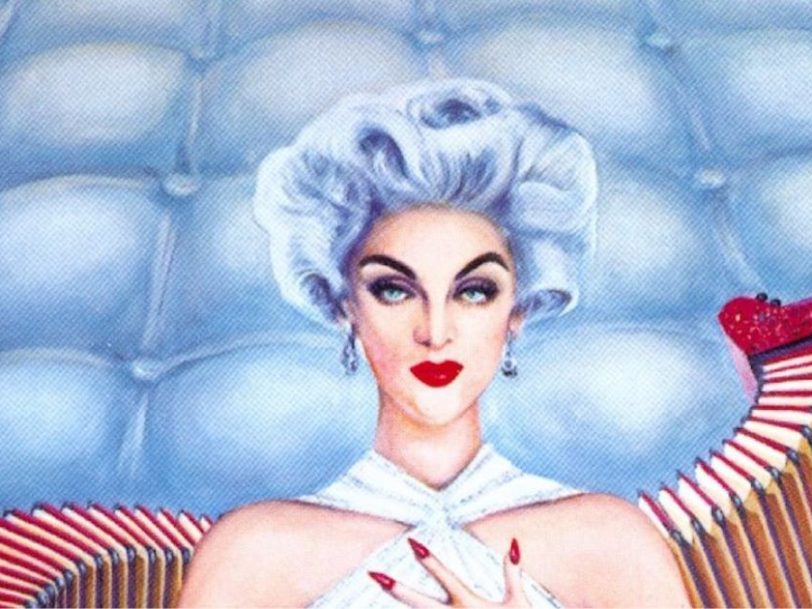By the time they recorded 1973’s Dixie Chicken album, Lowell George and Little Feat were becoming regulars in the last-chance saloon. After disappointing sales of their fine, self-titled debut album (1971), they’d narrowly avoided being dropped by their record label. And following the release of Sailin’ Shoes (1972), the group suffered another rocky spell amid rumours they were set to disband and, again, sales that didn’t match the quality of the record.
Listen to ‘Dixie Chicken’ here.
The backstory: “I wanted to take some of the pressure off and vocalise more”
Bandleader Lowell George told Crawdaddy! magazine in 1973 that, at one point, a new group was considered but it never got past the rehearsal room. “There was a point where a supergroup was proposed consisting of Phil Everly, John Sebastian, myself and Bill [Payne, Little Feat keyboardist] and maybe Richard [Hayward, drummer]. It would have been a real gem, but the word got out prematurely and the folks at the record company got very excited. You could hear the cash registers ringing. We were blending vocally, sort of like a low-key Three Dog Night, but it didn’t happen because of various political/personality hassles.”
Still, the band was unsettled, and Roy Estrada – the bassist and Little Feat co-founder, who’d known George since school – left the group to be replaced by Kenny Gradney. George used this reshuffle as an opportunity to expand Little Feat’s line-up, adding a second guitarist, Paul Barrere, and Sam Clayton on congas. “I wanted to take some of the pressure off me as a guitarist and vocalise more because I thought that was one of the areas necessary, musically speaking, for the group to realise their potential in,” George explained to Crawdaddy!




